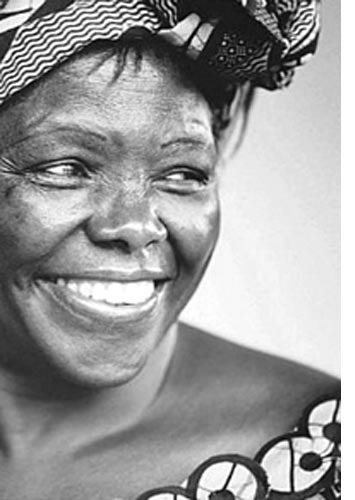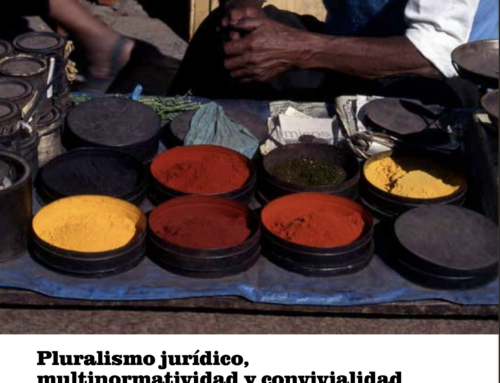
I don’t really know why I care so much.
I just have something inside me that tells me that there is a problem,
and I have got to do something about it.
I think that is what I would call the God in me.
Wangari Muta Maathai
In 2004, Wangari Muta Maathai became the first African Woman to receive the Nobel Peace Prize. Maathai is known as the founder of the “Green Belt Movement” to reforest Africa.
Wangari Muta Maathai was born in Nyeri, Kenya, on April 1, 1940. She was awarded a Kennedy Scholarship in 1960 and traveled to the United States to study abroad. She received a bachelor’s degree in biology from Mount St. Scholastica College in Kansas, and earned her master’s degree in science from the University of Pittsburgh. In 1966, Maathai returned to Kenya.
In 1971, Maathai became the first woman in East or Central Africa to earn a doctorate degree; hers was from the University of Nairobi in veterinary anatomy. She was also the first female professor at the university and the first female chair of her department.
In 1977, she began to encourage women to plant trees to prevent erosion and provide firewood. The idea caught on and became known as the Green Belt Movement.
Maathai became the chair of the National Council of Women of Kenya in 1981. A few years later, the Green Belt Movement expanded to a number of other African countries.
Until the 2002 defeat of the corrupt Moi administration in Kenya, Maathai worked as an activist against the Kenyan government. During one protest, she was beaten by the police.
Maathai was elected to the Kenyan Parliament in 2002, during the country’s first democratic elections. She was later appointed as the deputy minister for environment, natural resources and wildlife, Forbes reports.
In 2004, Maathai won the Nobel Peace Prize for “her persistent struggle for democracy, human rights and environmental conservation.”
Maathai died of cancer on Sept. 25, 2011, at the age of 71. The Green Belt Movement issued a statement reading, “Professor Maathai’s departure is untimely and a very great loss to all who knew her—as a mother, relative, co-worker, colleague, role model, and heroine; or who admired her determination to make the world a more peaceful, healthier, and better place.”
Learn more about the Green Belt Movement and the legacy Matthai leaves behind here.






Leave A Comment